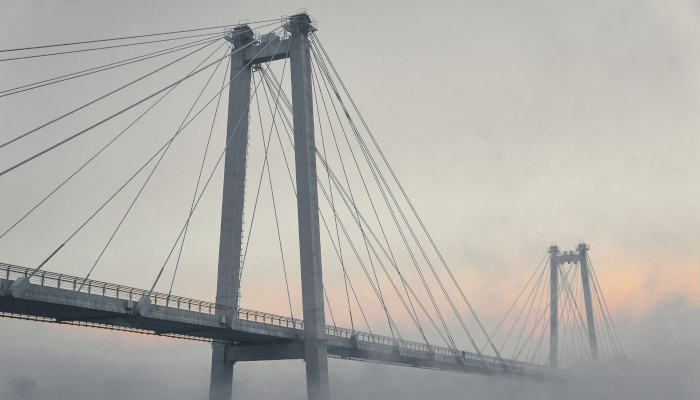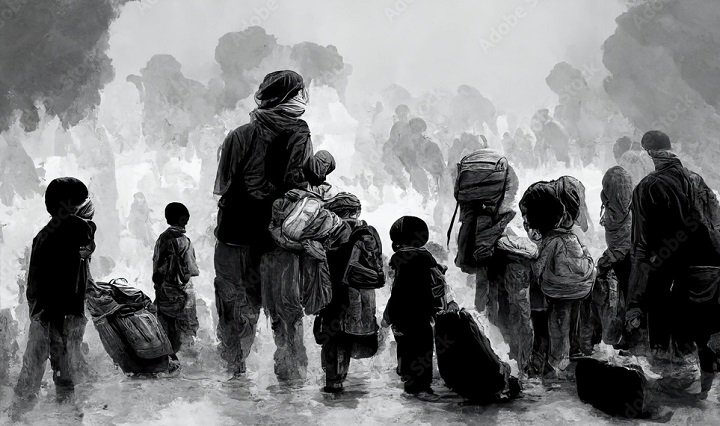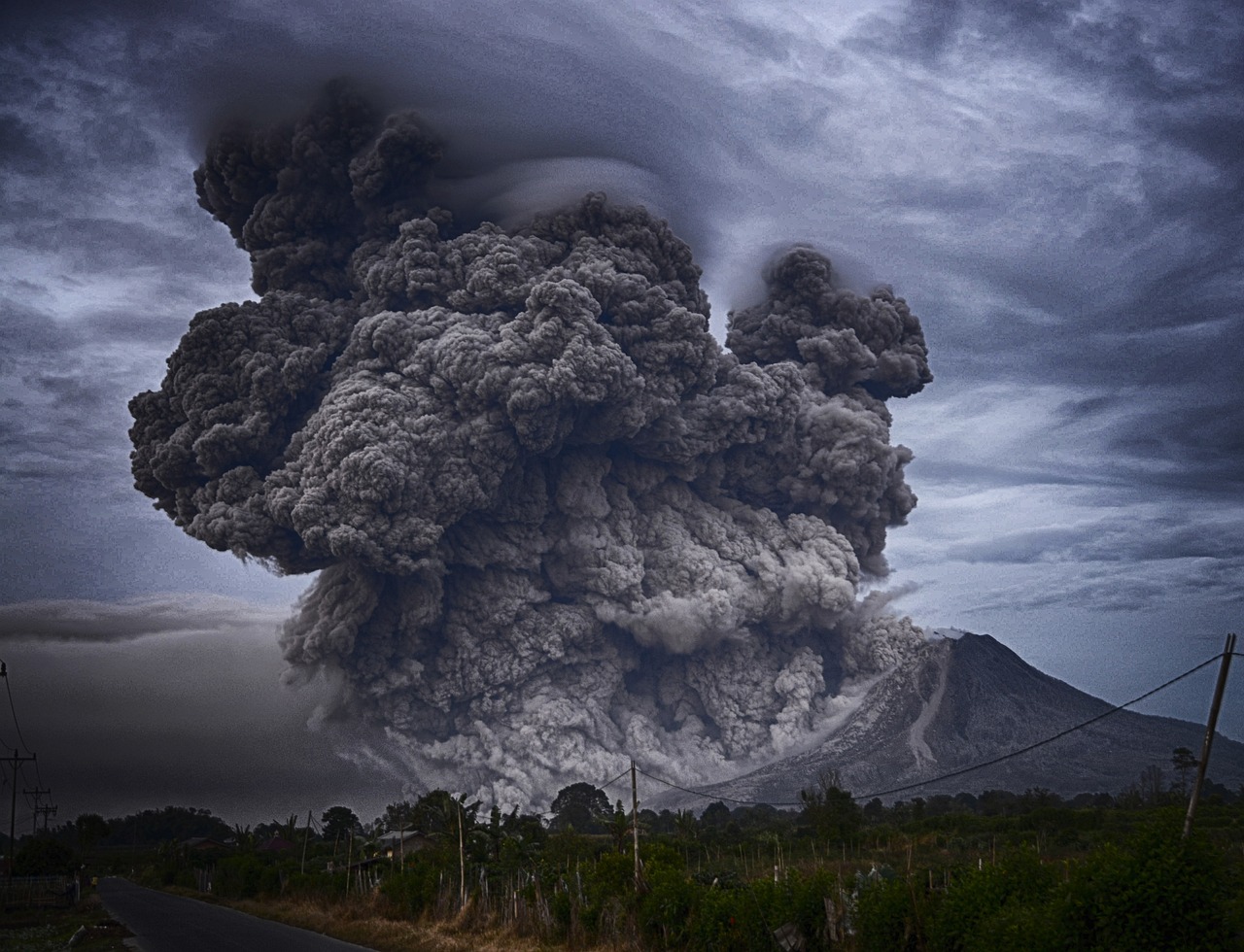
It is always tough to tell what’s what in the fog of war, and it has been even more challenging to forecast the results in a conflict where one side, Ukraine, is badly outnumbered by the other, Russia.
Comparisons on paper told one story: Ukraine, without a real army 15 months ago, would be steamrolled by Russia. The reality offered a different picture, the dismal failure of what was, in theory, one of the greatest military forces on the planet.
Now it’s uncertain what to expect about the vaunted Ukrainian spring offensive, and intelligence leaks reveal the US doesn’t trust Kyiv will be successful in the coming months.
But actually, there are a few clear signs. On April 8, Ukraine restarted exporting electricity. The massive Russian offensive aimed at disrupting Ukrainian power generation and the grid has failed, and ordinary Ukrainians’ lives now have better prospects.
Belarus is apparently trying to distance itself from Russia. A year ago, the invasion also started from the bases in Belarus. This year Minsk didn’t offer the same support, and when Russian president Vladimir Putin announced he would move nuclear missiles into Belarus, Belarus refused to comply.
That apparently means Belarus president Alexander Lukashenko seeks ways to outlive the war’s end. Armenia, an old and staunch Russian ally, made similar moves reaching out to Western interlocutors. It means that the old Russian sphere of influence is already shrinking. Not only is NATO stronger than ever but also Russia is losing whatever was left of its influence at its post-USSR borders.
Moreover, Europe has weathered its worst winter of gas shortages. Russian supplies have now dwindled to almost nothing, and Europe could suffer next to nothing next winter. Therefore its anti-war parties will become irrelevant in domestic politics, and Ukraine will have more solid support in its backyard.
Within Russia, things don’t look peachy, either, after the killing of Daria Dugina, the daughter of Russian paramount ideologue Alexander Dugin in August. On April 2, famous blogger Vladen Tatarsky was killed in a similar bomb attack.
Both young Dugina and Tatarsky were representatives of Russia’s pro-war faction. The goal of their elimination is very unclear. Maybe the two attacks are unrelated, but there are apparent deep fissures in Moscow’s political circles that are bound to deepen in the next weeks or months.
Moreover, the Russian offensive ended after some three months of gruesome battle. For all that slaughter, Moscow so far can’t even claim the conquest of the city of Bakhmut. The result will have probably sapped Russian morale and galvanized the Ukrainians.
Then there is the possibility—unclear how big—that the Ukrainian offensive will be a success, large or small, also undefined. But looking at the abstract, the odds are that Russia could suffer a setback in the coming months. It would further weaken the country and its bargaining power.
Russia could win a Ukrainian offensive, but it’s unlikely to change Ukrainians’ determination to fight radically. According to opinion polls,[1] most of the population still wants to fight to recover all lost territories, despite the dismal suffering so far. Then even after a defeat, it is possible the Ukrainians could go on fighting. After all, they resisted for over a year when all odds were against them; they may have time to suffer a setback.
The same may not be true for Russians who despite larger manpower are having all kinds of problems at home and on the front.
Nor is a military stalemate really going to change the political equation of the war. The Russian difficulty in securing a victory against puny Ukraine is already a blow to Russia’s imperial ambitions.
A cautious approach would then be for Putin to unilaterally withdraw his troops and seek a peace settlement as long as he has something to bargain with. If he had done that before his latest offensive, he would have been better off than now. Now he could be better off than he will be in the summer.
Will Putin do it and save himself and Russia somehow? The man is a political gambler but in the past was not reckless and carefully calculated his odds. Now things could be different, or could be just the same, and the two attacks against Dugina and Tatarsky could have been intended to intimidate the pro-war faction and prepare for a settlement.









